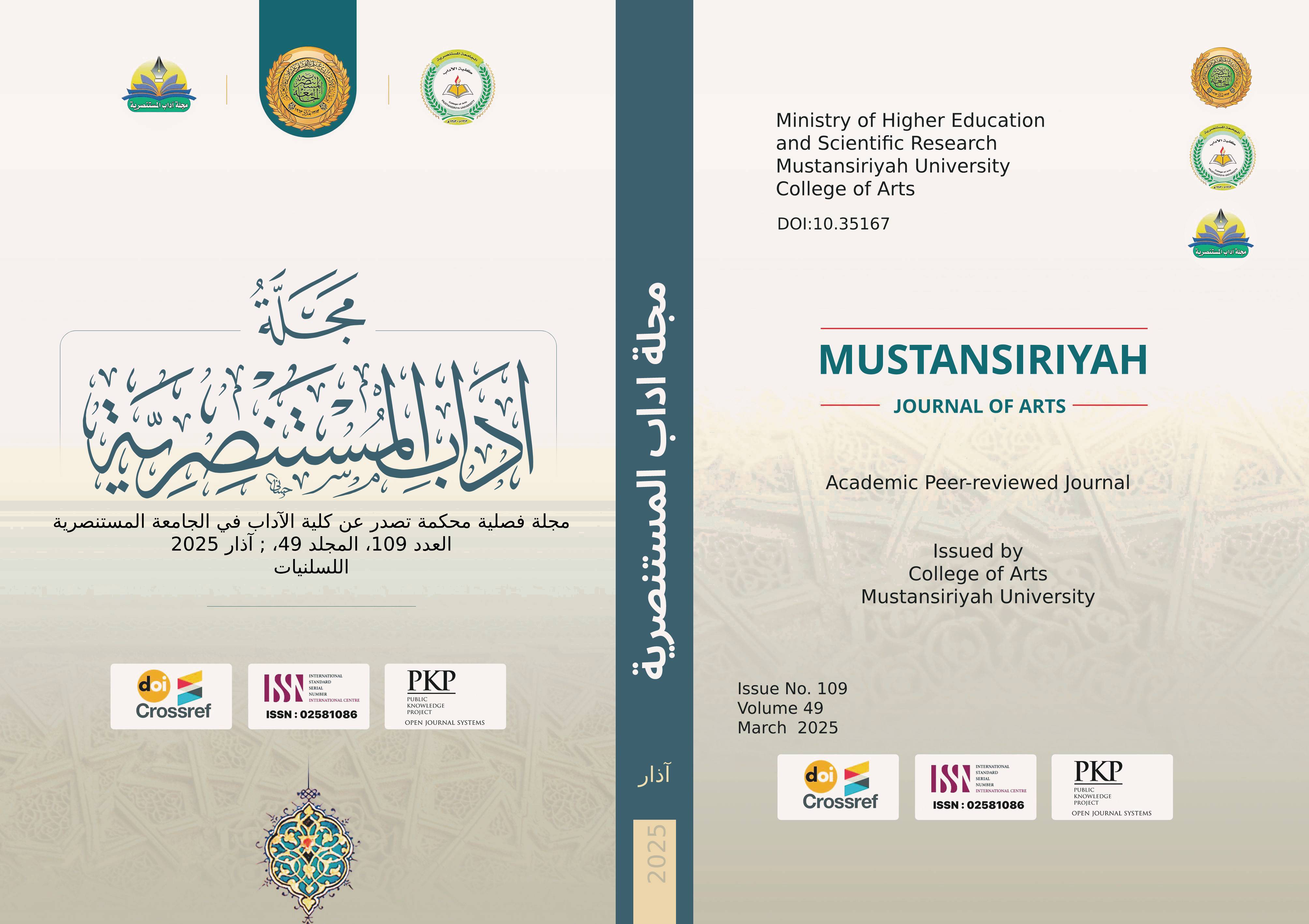Tasting the literary text, a critical aesthetic study
Abstract
Taste is one of the most important things that the peoples of the civilized world have turned to, both ancient and modern. It is not just a vision that falls within the circle of intellectual luxury or the satisfaction of the individual’s needs that fall within the framework of enjoyment; rather, it is something of the components of human existence. Art in general, and literature in particular, represent an important aspect of life. To include aesthetic values and moral principles that contribute to the advancement of life, as literature has a message that refines feelings and purifies the soul from tuberculosis, and the recipient when he reads a work aspires to satisfy an emotional need within him, or to instill a moral value that resonates in his soul, and pushes him to respond to the literary work that represents this value, and on this basis, the discussions of literary taste were based on the principles of aesthetics, and the ancient Arab critics had a major role in theorizing this cognitive dimension through the induction of literary texts, and expressing their aesthetic vision towards them, while the beginnings of this term did not appear in Western literature until the last decade of the seventeenth century, and we will stand in this brief research on the most important issues that prompted the researcher to delve into it.
Downloads
Published
Issue
Section
License

This work is licensed under a Creative Commons Attribution-ShareAlike 4.0 International License.


